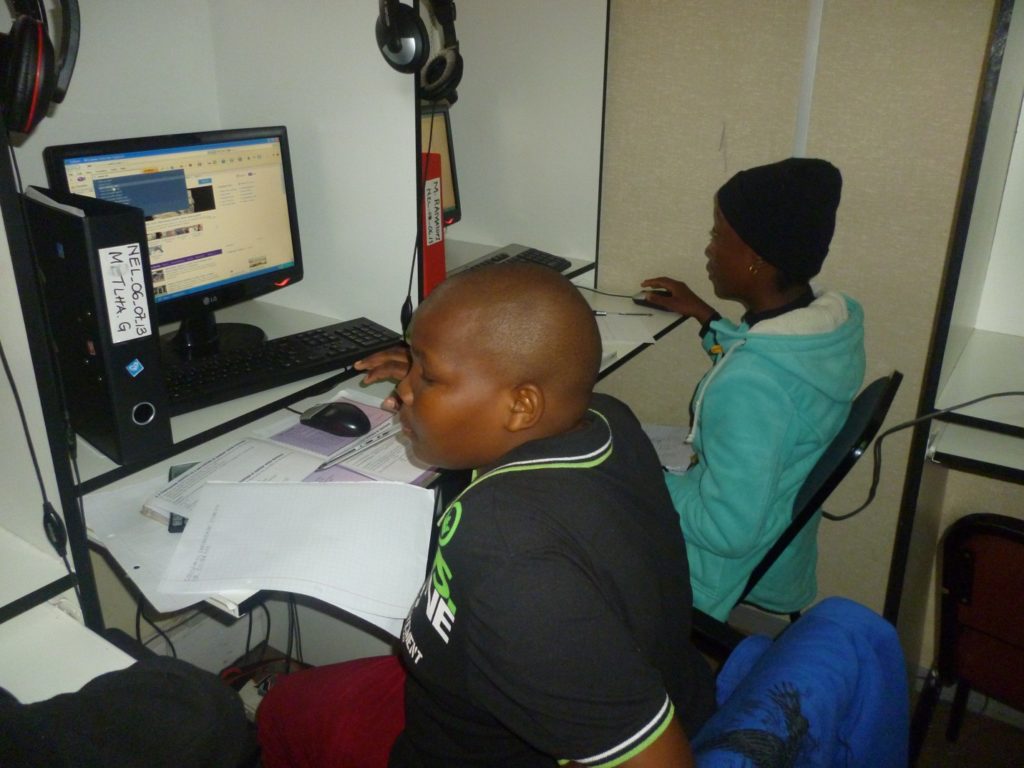I was born outside the small city of Francistown in Botswana. Both my parents were traders so I was familiar with the concept of entrepreneurship from a young age. Like most people of their generation, my parents had never seen the inside the classroom. The only homework they knew was their family but they worked hard to ensure that we all attended school and made our way to university.
My education – from the level of primary public school to university – was sponsored by the government of Botswana. I gained my academic independence and acquired skills that allowed me to prosper in my fields. This journey included studying in Botswana, South Africa and Germany, which is where I gained my passion for education and social entrepreneurship. Fast forward a couple of gruelling years in the private sector. I published three books and spoke publicly on education, poverty reduction, HIV and Aids, corporate social investment and medical tourism for healthcare in Botswana.
I then founded Digital Computer Labs, an initiative to set up state-of-the-art computer labs across the country to improve students’ education. It’s no secret that technology is indispensable to education. Materials accessible through the web increase students’ exposure to real world communication, motivate them to achieve more and – the list goes on and on.

This project is not without challenges. Technology is shifting fast, therefore we must choose platforms and solutions that can actually work with different devices and in different scenarios. We in Africa don’t seem to appreciate or understand how this will change the education landscape and empower students and teachers.
None of us can stop the outburst of technology, rather we need to embrace it so we can have a better education system relevant to 21st century students.
I am doing my part to ensure that students in Botswana – in schools in both urban and rural areas – have access to a computer with internet connectivity. But to effectively utilise the power of technology for learning, we need flexible yet robust infrastructure for data communications. We require very strong wireless networks which will have the ability to simultaneously handle communication streams with hundreds of devices. And since content and exercises will be more and more in digital format, the platform selected must have the capability of being accessed by the teacher and the student, from their own home through an internet connection.
I have my work cut out for me but I am confident that we will get there.
Mooketsi Bennedict Tekere is the CEO and founder of Ngwana Enterprises. He is one of 10 young Africans shortlisted to be a One Young World delegate at this year’s summit. At this event, the M&G’s Trevor Ncube will be chairing a session on African media and what Africans think of their journalists. To share your views, complete this short survey.
